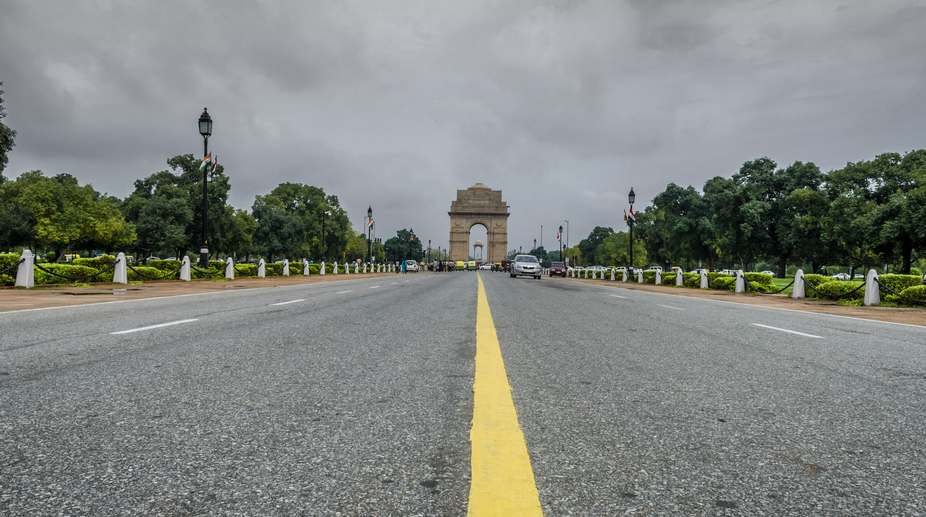Delhi Police conducts verification drive to identify illegal immigrants
To identify illegally staying Bangladeshi nationals, The Delhi Police on Thursday conducted a verification drive in the Sangam Vihar area of Delhi.

(Getty Images)
The air quality in the National Capital Region improved on Saturday to the “poor” level following overnight rain as the concentration of Particulate Matter (PM) decreased. Another government department, however, placed the air quality at “moderate”.
The major pollutant, PM2.5, or particles with diameter less than 2.5 micro meter, was recorded at 288 units. The Central Pollution Control Board (CPCB) on Saturday recorded the Air Quality Index (AQI) of Delhi-NCR (at 288) at 10 a.m. as compared to 299 at 7 p.m. on Friday.
Advertisement
Notably, most of the 17 monitoring stations of the CPCB in Delhi found air quality on Saturday in the “poor” bracket. In neighbouring Noida, Ghaziabad and Gurugram, the AQI also showed “poor” category.
Advertisement
Experts say the rain in the national capital on Friday night and early Saturday morning was responsible for the improvement in air quality.
Mahesh Palwat, Director of Skymet, a private weather forecast agency, said air quality had improved due to overnight rain, wind from the northwest and cyclonic formation in Rajasthan.
“The western disturbance has moved away from hills and hill states that have witnessed rainfall and snowfall. So winds from northwest with speed of upto 15 kmph are bringing pollution levels down. The situation will be better day-by-day,” Palawat said.
He said that rain always had a washout effect on particulate matter.
According to SAFAR (System of Air Quality and Weather Forecasting and Research), an app instituted by the Ministry of Earth Science, the air quality levels in Delhi improved to “moderate” on Saturday morning.
SAFAR records 24-hour rolling averages of PM10 and PM2.5 and uses this data to estimate the AQI. PM10 and PM2.5 are ultra-fine particles that are the dominant pollutants in Delhi. The acceptable levels of PM10 and PM 2.5 are 100µg/m3 and 60µg/m3 respectively.
The larger particulate matter, measured by PM10, docked at 199 µg/m3 in the morning while PM2.5, which measures very poor and more dangerous particulate matter, hovered around 130 µg/m3.
An official of the India Meteorological Department said the city recorded one mm rainfall in the 24 hours till 8.30 a.m. on Saturday. The Safdarjung observatory recorded 1 mm rainfall, Palam 0.4 mm, Lodi Road 0.2 mm, Ayanagar 0.3 mm and Ridge 0.4 mm.
Advertisement